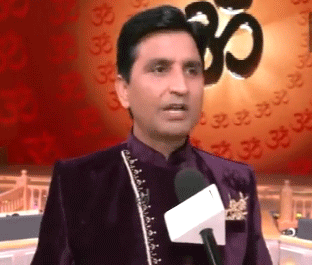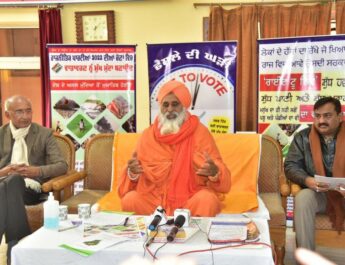From Our Bureau
NEW DELHI: The Supreme Court on Wednesday refused to entertain a plea by NGO Association for Protection of Civil Rights seeking to stall the proposed Mahapanchayat (conclave) by Hindutva groups in Purola town in UttarKashi district of Uttarakhand in the midst of the communal tension with Muslim being asked to leave the town (Purola) before the conclave.
Stating that the law and order was a problem of the State government, a vacation bench of Justice Vikram Nath and Justice Ahsanuddin Amanullah asked the NGO Association for Protection of Civil Rights to approach the Uttarakhand High Court.
Seeking an urgent hearing of the plea by the NGO, advocate Sharukh Alam, referred to an earlier order of the top court by which a mandamus was issued to Uttarakhand government to take steps to curb the hate speeches and take action against those making utterances targeting any group or community. She said that people belonging to the Muslim community were being targeted and asked to leave the Purola town where the Mahapanchayat by Hindutva group is taking place on June 15, 2023.
Advocate Sharukh Alam appeared for NGO Association for Protection of Civil Rights and mentioned the matter for an urgent hearing.
Stating that even the High Court has to ensure the compliance of the Supreme Court’s order, the vacation bench asked the petitioner NGO, “How can you say that they will not take note of the happenings”, telling it (NGO) to have trust in the High Court and the administration as well.
Justice Ahsanuddin Amanullah observed, “Why this distrust of the High Court? They also have jurisdiction. You should have some trust. Why this short circuiting (approaching the Supreme court directly without approaching the High Court in first instance), we are not on merits or cause. Why do you distrust the administration?
The bench permitted the petitioner NGO Association for Protection of Civil Rights to withdraw its petition with liberty to approach the High Court or any other authority in the State.
###





